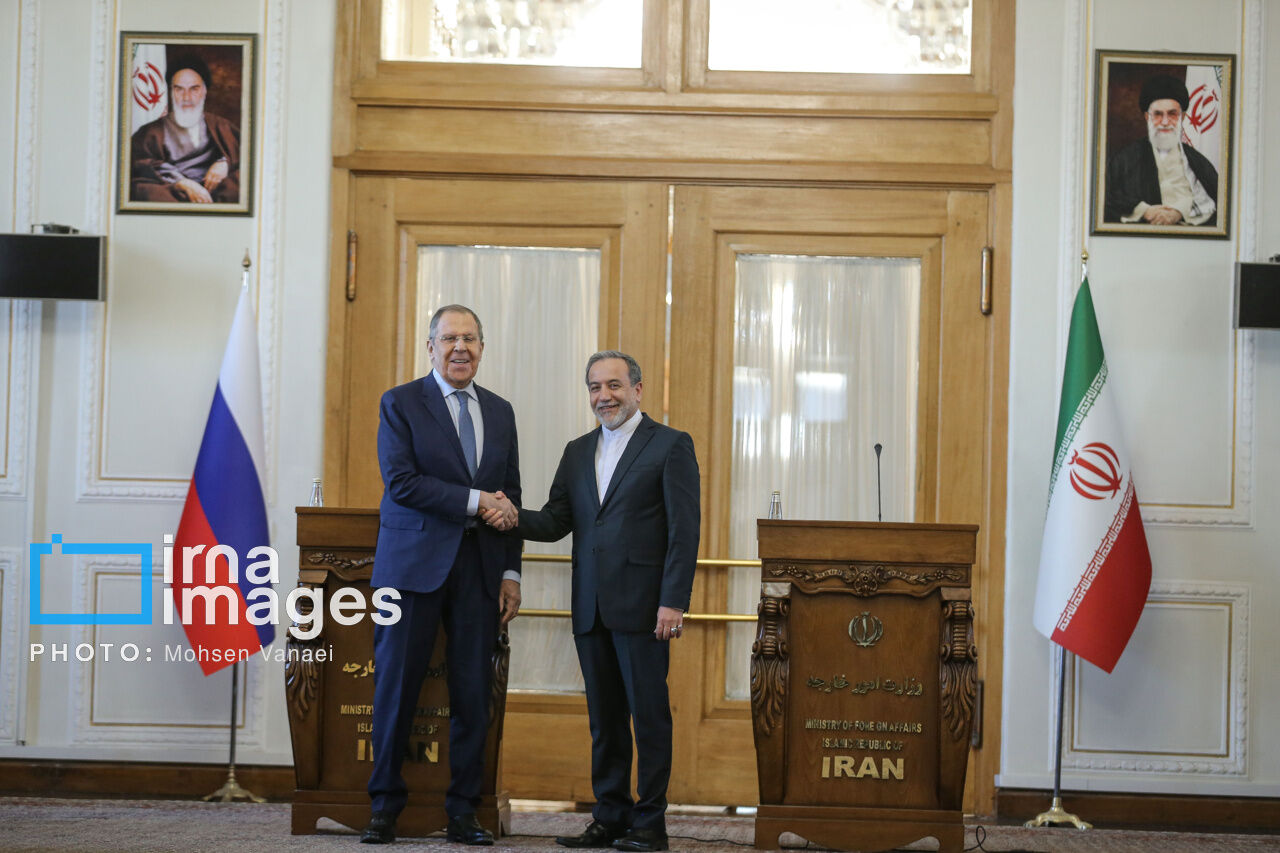
Similar Posts
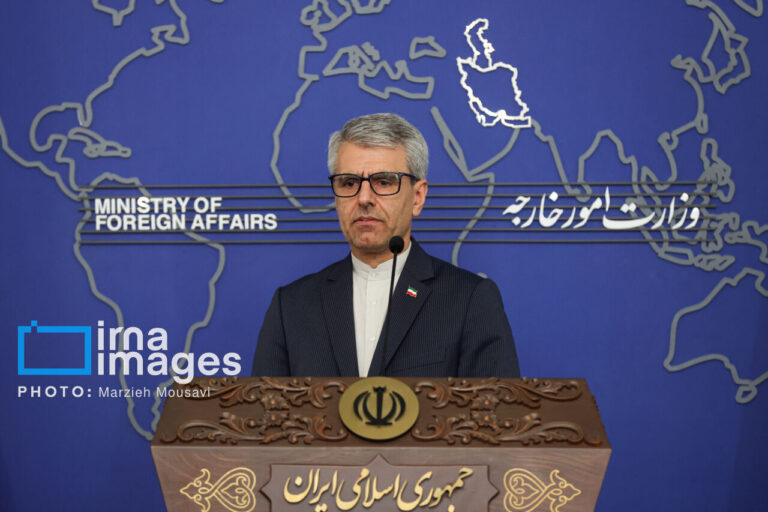
Iran Voices Alarm Over Escalating Security Crisis in Libya
Escalating military clashes in Tripoli, Libya, have prompted concerns from international observers. Iran’s Foreign Ministry spokesperson, Ismaeil Baqaei, emphasized the need for peace and dialogue, urging all parties to halt violence, prioritize the Libyan people’s interests, engage in discussions, and prevent foreign interference. The unrest intensified following the killing of a militia leader. The United Nations Support Mission in Libya (UNSMIL) condemned the violence, particularly in populated areas, and called for safe evacuation corridors for civilians and an immediate ceasefire. The situation remains critical as the international community monitors efforts for stability.
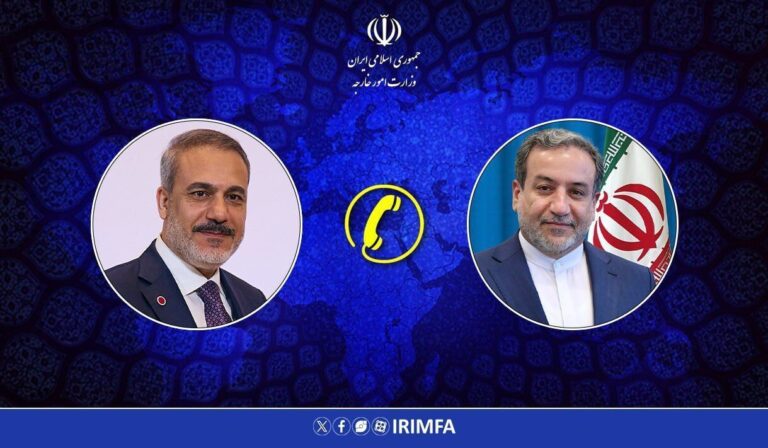
Iran’s Foreign Minister Advocates for Minority Rights Protection in Syria
Iranian Foreign Minister Abbas Araghchi recently spoke with Turkish Foreign Minister Hakan Fidan, emphasizing the protection of minority rights in Syria. Araghchi reaffirmed Iran’s commitment to Syria’s sovereignty and territorial integrity, advocating for an inclusive government that represents diverse political, ethnic, and religious groups. He voiced concerns about armed groups’ violence against civilians, particularly in Shiite and Alawite areas, and stressed the need to safeguard ordinary citizens. The ministers also discussed strengthening bilateral ties between Iran and Turkey to collaboratively address regional issues.
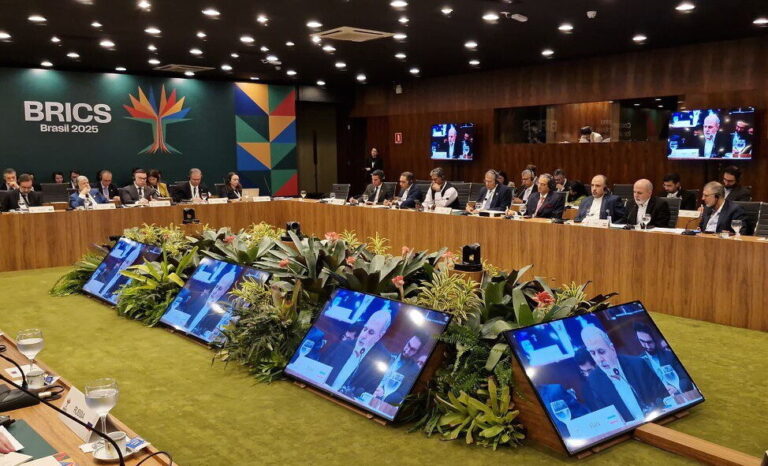
Iran’s Security Chief Asserts: Nuclear Weapons Unnecessary for National Defense
During the BRICS security officials meeting in Rio de Janeiro, Iran’s Supreme National Security Council Secretary, Ali-Akbar Ahmadian, reaffirmed Iran’s commitment to its right to peaceful nuclear energy, stating that nuclear weapons are inconsistent with Iran’s defense doctrine. He addressed concerns over narratives surrounding the Palestinian issue and emphasized that true peace arises from justice. Ahmadian proposed initiatives to enhance BRICS cooperation, including a digital currency, a secure banking system for trade, a supply chain security committee, and an anti-sanctions corridor to bolster economic independence and resilience among member nations.
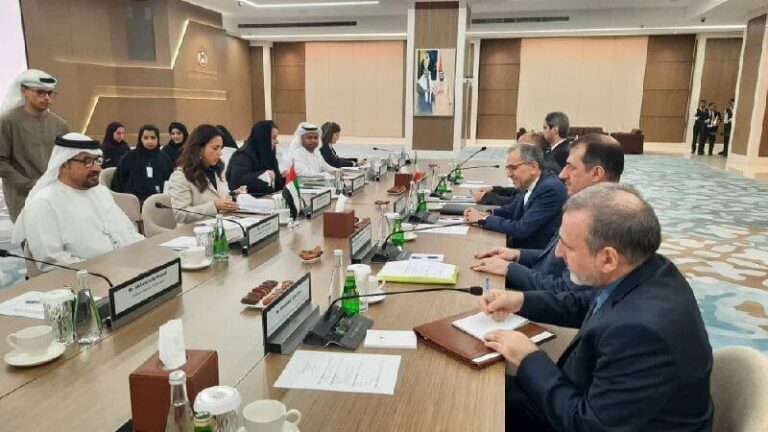
Iran Seeks Enhanced Cooperation with UAE, Says Deputy Foreign Minister
Recent talks between Iran and the UAE underscore Iran’s commitment to enhancing diplomatic ties with its neighbors. Deputy Foreign Minister Majid Takht-e-Ravanchi, co-chairing the Joint Iran-UAE Committee Meeting in Abu Dhabi, emphasized the importance of cooperation based on mutual interests. Key discussion points included prioritizing neighborly relations, strengthening collaboration, and the role of the joint committee in advancing bilateral relations. Both sides expressed hopes for quicker implementation of existing agreements and explored new areas for cooperation. The meeting highlights ongoing efforts by both nations to navigate regional dynamics and bolster their political and economic relations.

Quds Day: Standing Strong Amidst the Flood Crisis
Imam Khomeini designated the last Friday of Ramadan as International Quds Day to unify the Islamic world against Zionism and support Palestinian liberation. This initiative highlights the importance of Quds, seen as vital for all Muslims, and emphasizes the need for solidarity among oppressed nations. Recent events, like the “Al-Aqsa Flood” operation, show a growing call for Palestinian liberation, despite normalization attempts by regional governments. Khomeini envisioned a “Party of the Oppressed” to unite those fighting imperialism. He warned against the dangers of Israeli normalization, asserting that Quds Day is crucial for rallying Islamic nations against oppression and fostering unity.
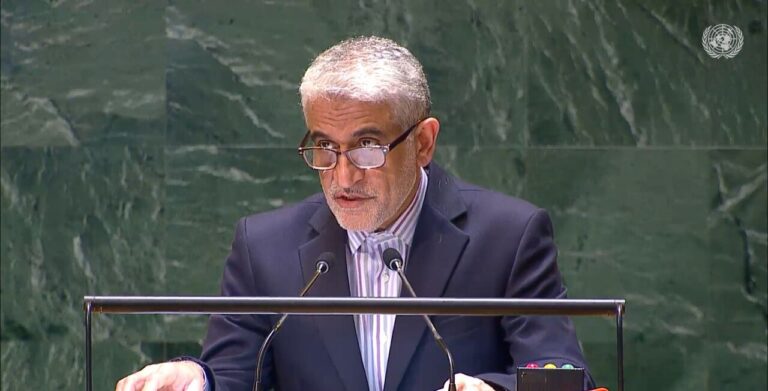
UN Envoy Urges Global Recognition of Iran’s Sacrifices in the Battle Against Terrorism
Iran’s Ambassador to the UN, Amir-Saeed Iravani, has called for global recognition of the suffering endured by the Iranian people due to decades of terrorism, particularly from the Mujahedin-e Khalq Organization (MKO). In a letter to the UN Security Council, he highlighted that over 23,000 Iranians have lost their lives to MKO attacks. Iravani urged the international community to hear the victims’ stories and avoid double standards. He reiterated Iran’s commitment to combating terrorism and promoting regional peace and stability in accordance with international law, emphasizing the need for solidarity in addressing terrorism challenges.